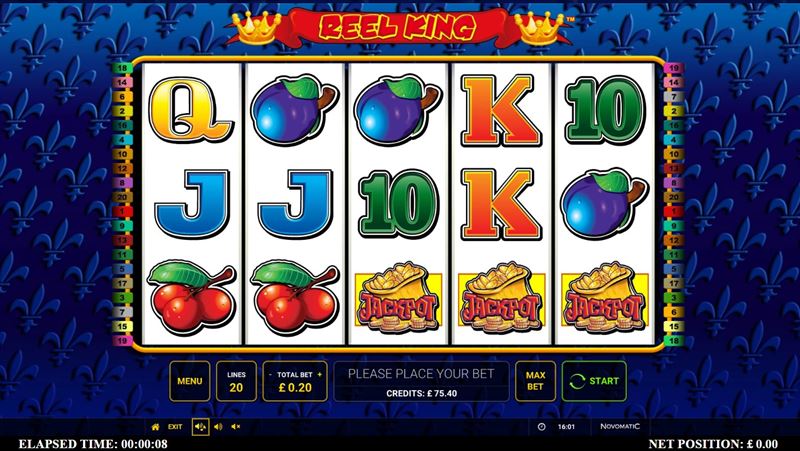Recognizing Gambling Addiction Among Bangladeshi Players 4

Recognizing Gambling Addiction Among Bangladeshi Players
Gambling addiction is a growing concern globally, and Bangladesh is no exception. With diverse forms of gambling activities available, recognizing the signs of gambling addiction among Bangladeshi players becomes critically important. In this article, we will delve deep into understanding gambling addiction, its prevalence in Bangladesh, how to recognize its signs, and the resources available for those affected. For an easy access to online gaming, you can download the Recognizing Gambling Addiction Among Bangladeshi Players Satbet apk to explore various gambling platforms.
The Rise of Gambling in Bangladesh
In recent years, gambling has become more accessible in Bangladesh due to the increased presence of online gaming platforms and mobile applications. While gambling is illegal in many forms, people often find ways to circumvent these laws. The internet has introduced numerous ways to gamble, leading to a significant rise in the number of players. This situation makes it essential for families and communities to recognize gambling addiction, as it can lead to severe emotional, financial, and social consequences.

Understanding Gambling Addiction
Gambling addiction, also known as compulsive gambling or pathological gambling, is a behavioral addiction characterized by an uncontrollable urge to gamble despite the negative consequences. Similar to substance abuse, gambling addiction can disrupt personal relationships, financial stability, and overall well-being. It often begins innocently, with players enjoying occasional bets, but can escalate quickly as they chase losses, leading to compulsive gambling behavior.
Signs and Symptoms of Gambling Addiction
Recognizing the early signs of gambling addiction is crucial for timely intervention. Here are some indicators that may suggest someone is struggling with a gambling problem:
- Preoccupation with Gambling: Constantly thinking about past gambling experiences or planning future gambling activities.
- Increased Tolerance: Needing to gamble larger amounts of money to achieve the same feeling of excitement.
- Loss of Control: Inability to stop gambling despite multiple attempts to cut back or quit.
- Chasing Losses: Continuously gambling in an attempt to recover lost money.
- Neglecting Responsibilities: Ignoring personal, professional, or academic responsibilities due to gambling activities.
- Deceptive Behaviors: Lying to family members, friends, or coworkers about gambling habits or debts.
- Financial Problems: Borrowing money, selling possessions, or engaging in illegal activities to fund gambling.
- Emotional Mood Swings: Experiencing anxiety, irritability, or depression related to gambling activities.
The Impact of Gambling Addiction

The consequences of gambling addiction can be devastating and far-reaching. Financial issues often arise, leading to debt, bankruptcy, or even criminal behavior in extreme cases. On a personal level, relationships with family and friends can deteriorate as trust erodes. Mental health problems, such as depression and anxiety, are commonly associated with gambling addiction. Understanding the impact of gambling addiction helps to emphasize the need for recognition and intervention.
Supporting Those Affected
It is crucial for families and friends to provide support to those struggling with gambling addiction. Open discussions about gambling habits can create an environment where individuals feel comfortable expressing their challenges. Encouraging loved ones to seek professional help is vital. Support groups, such as Gamblers Anonymous, offer a community of individuals facing similar struggles and can provide invaluable resources.
Professional Treatment Options
Individuals struggling with gambling addiction may benefit from various forms of treatment. Therapy options may include cognitive-behavioral therapy (CBT), which addresses the thought patterns and behaviors associated with gambling. In some cases, medication may also play a role in treatment. Engaging in life skills training can help individuals develop healthier coping strategies and rebuild their lives.
Conclusion
Recognizing gambling addiction among Bangladeshi players is an essential step towards addressing this growing issue. By understanding the signs, symptoms, and effects of gambling addiction, we can work towards fostering supportive environments where individuals feel empowered to seek help. As a community, it is vital to raise awareness about the pervasive nature of gambling addiction and ensure that adequate support systems are in place for those affected.